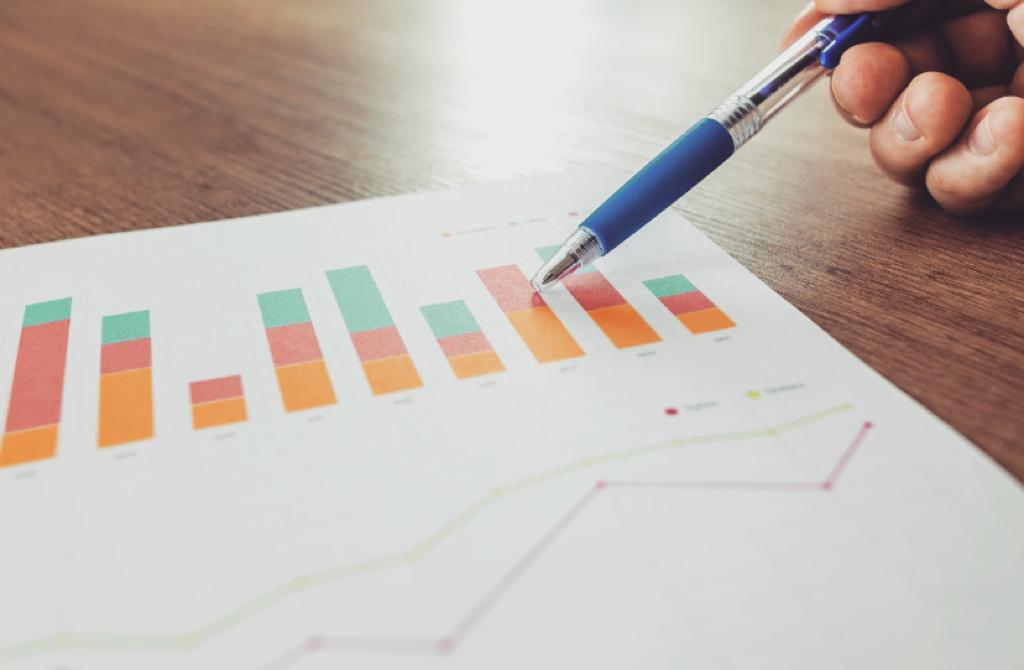
How can artificial intelligence improve public procurement in Latin America? Ukraine: an inspiring case
Citizens, civil society organizations, the private sector and the Ukrainian government seized a window of opportunity to reform the public procurement system, which led to major political changes and the design, planning, implementation, monitoring and evaluation of an e-procurement strategy.
The purpose of developing an electronic system for public procurement was to reduce the risks of corruption, making the information of these transactions visible, accessible and transparent. The project was led by a collective action initiative resulting from the so-called Revolution of Dignity of 2013 and 2014, which turned into an opportunity to transform the system and build trust among citizens about the quality of public spending.
The group of promoters for ProZorro, the online public procurement platform that guarantees open access to public procurement in Ukraine, was made up of actors within the business sector and civil society organizations, in addition to citizens. These assumed, among other roles, managerial, administrative, programming, and legal and regulatory framework review responsibilities, and opened channels of communication with parliament. This group also included international experts, most notably, the leader of Georgia’s e-procurement strategy, Tato Urjumelashvili.
Knowledge gained and impact
Initially, the progress of the work was marred by a lack of trust in the public officials of the Department of Public Procurement Regulation of Ukraine. However, over time, public officials began to be part of the promoters of the reform.
In July 2014, the same government proposed to carry out a pilot program for the acquisition of low-value goods, since such goods entail more flexible procedures. It was hoped that the results of the pilot could become a political tool to show the benefits of the strategy.
Volunteer support was instrumental in launching the pilot: (i) they convinced marketplaces of the importance of participating in the pilot, funding access and the central database, despite a lack of trust in the system; (ii) they identified public entities interested in participating; (iii) they proposed the signing of a memorandum describing the common vision of the project, their roadmap; and (iv) they organized the system for open publication of data from the procurement system.
The relationship with academia also made it possible to document the transformation process, offer training and executive education to improve the capabilities of the agents that are part of the system and particularly the data analysis offered by the new system.
In order that the platform comply with the Open Contracting Data Standard (OCDS), in 2015 the ProZorro team worked on the development of the platform together with Open Contracting Partnership (OPC), which was developing said standard.
Applying Artificial Intelligence
The development of e-procurement in Ukraine is considered a case of collective action that, in addition to promoting public procurement in line with its positive effects on transparency, competition, efficiency and the generation of public value, has generated confidence in the system and in citizen participation.
In response to a change of approach by civil society, in 2018 there was great pressure to identify cases of corruption in the public procurement system with the development of a business intelligence tool to identify anomalies in the contracting processes, called DoZorro.
For this purpose, 20 experts in the public procurement system were selected and given 3,500 tenders to study and confirm whether there was a risk of corruption in these processes or not. The experts’ results were fed into an artificial intelligence algorithm to assess the likelihood of corruption risks in tenders and review those processes at risk. If the risk is confirmed, the software remembers its selection; if not confirmed, it forgets the selection to improve accuracy.
And so in 2018 the DoZorro artificial intelligence tool launched in Ukraine, a tool based on software which learns to identify tenders with corruption risks, and developed by civil society through the interdisciplinary work of volunteers.
At the international forum to be held on September 15, ExperiencIA, Data and Artificial Intelligence in the Public Sector, this case and others that seek to inspire and promote improvements in the efficiency of the State and the quality of the services offered to the citizens of Latin America will be presented.
These studies were carried out within the regional initiative framework of the Department for the Digital Innovation of the State, within the Vice Presidency of Knowledge of the Development Bank of Latin America (CAF), which promotes the strategic use of data and artificial intelligence by the public sector in Latin American countries to create social and economic value.
